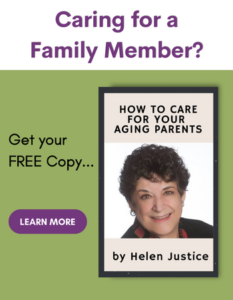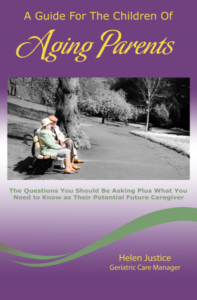7 Biggest Mistakes when Applying for Public Benefits
When you are applying for public benefits you may be eager to get started, downtrodden with the process or fearful of the results. As you move through the process of the application it is so important that you understand the 7 Biggest Mistakes most people make when applying for public assistance or Government issues benefits. By making these big mistakes, the application results can be delayed, require more information or be denied all together.
Obviously, your goal is to get approved and start your benefits as soon as possible. However, don’t let your emotions, doubts or fear of a negative outcome, create a situation where you have a negative outcome. Here are the 7 Biggest Mistakes people make when applying to receive public benefits, including Medicaid, Medicare, Veteran or VA benefits or other government assigned assistance.
#1 Simple errors when trying to go to quickly through the application process is the first mistake made by a majority of applicants. Today, there are many ways to apply for benefits and the transition has been toward electronic filing. The entire action of filing for the age group of 50 and above has proven to be a hardship. When you begin your online application take time to read every question very carefully and if you do not know the answer, find someone to help you understand the question so you don’t go too fast and mess up on things such as income or health related questions.
#2 Fear of being denied the benefits you are requesting is the 2nd mistake many applicants make when applying for public benefits. It is an emotional issue when you are applying for help, and often the need for help is one that creates embarrassment and fear. The mere fear of being denied, is responsible for mistakes and errors in the application process. Before applying, check in with yourself to ensure that you are confident that you will be approved based on your true and authentic need.
#3 Misunderstanding income reporting requirements when you have received payments for miscellaneous reasons such as babysitting or caring for someone’s home. When you are applying for public benefits one of the questions you are asked is how much money you made. Be very honest when you claim the amount of money you earned even if it was a small amount from simple things. The more clear you are, the easier it will be for your claim to be reviewed.
#4 Do your homework when applying for SSI or Social Security benefits. If you are disabled, you have something preventing you from working. Before you apply, be sure to do your homework and learn about the options for you, your state’s requirements and the disability you believe is keeping you from working.
#5 Understanding VA benefits and SSI. Veterans often will believe if they are injured in war or in duty and become disabled, that they are only qualified for one benefit. However, the applications are separate and so are the benefits. So, if you are applying for benefits as a disabled Veteran then you may be also qualified to receive SSI for your disability.
#6 Not completing the application. While this sounds a bit enormous, many people who are applying for benefits for the first time, will start the process and not finish it. Whether you are filing paper forms or electronically, make sure that you have confirmation that the application process was complete.
#7 Finally, giving up after the first denial is a critical mistake most applicants for public benefits will fall into. Remember, there are appeal opportunities for you, if you believe you have been wrongly denied a public benefit so get with a professional consultant for legal guidance on the appeal process.
Copyright 2017 – Helen Justice GCM – Elder Care Navigator and Advocate – Advanced Wellness GCM, Inc
Known by many as “The Elder Care Navigator”, Helen Justice is a Certified Geriatric Care Manager trained to assist elders and their families with the process of aging with dignity and grace. Her knowledge and experience insures elders obtain quality care and transitional preparation for their future. More important than the financial aspect of aging is the social and emotional component that elder care places on the family. Go to www.advancedwellnessgcm.com for information on no fee seminar.



Stay Up To Date With AWGCM